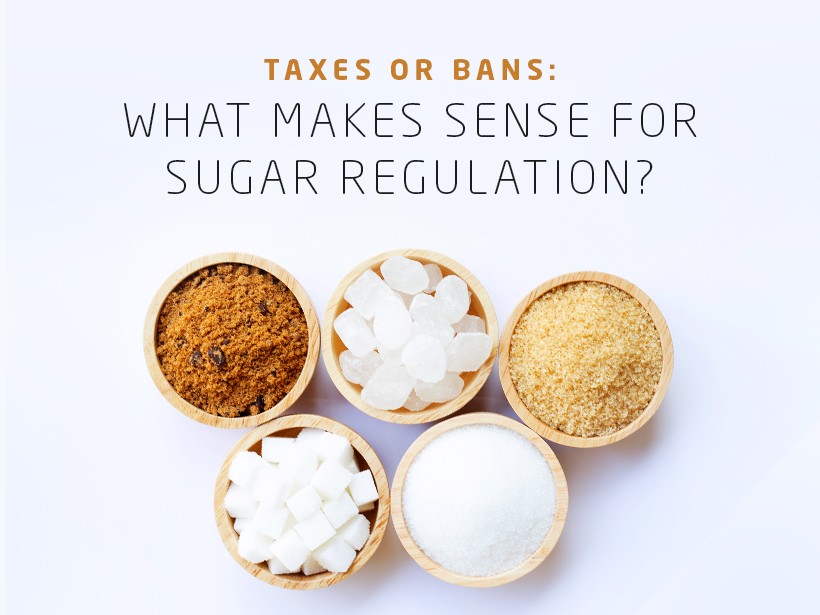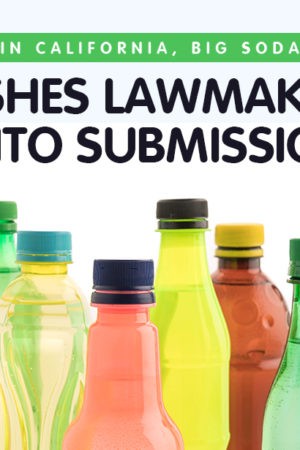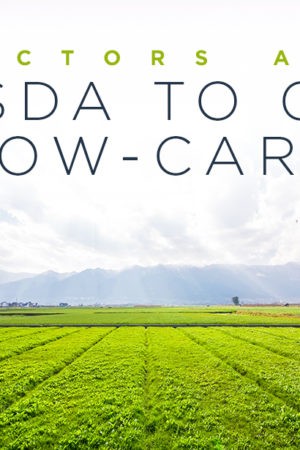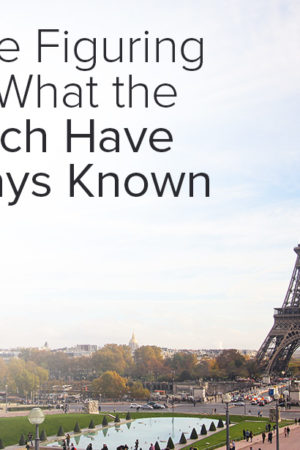The fight for effective sugar regulation has been a long time coming. Considering the sustained power of the sugar industry and the staggering rates of global sugar consumption, obesity, and obesity-related illnesses, it still has a long way to go. Coming to terms with the true extent of the crisis can be a harrowing experience, and it can drive some activists and health experts to seek abrupt action instead of consistent, incremental change.
This anxiety is most evident in the occasional calls for all-out bans on sugary products, as opposed to taxes and other forms of more modest regulation. While it may not always feel like it, governments have made progress against the high rates of sugar consumption using the latter, less severe forms of control. Proposals to ban sugary products, on the other hand, could serve only to conceal the problem rather than address the underlying crisis.
Sugar ban: solution or setback?
Last year, the Singapore Ministry of Health began collecting feedback on a series of measures designed to fight obesity and diabetes. Already a country with notoriously strict regulation, Singapore was looking to target sugar through either taxes, mandatory health warnings, advertisement bans, or outright product bans.1 Singapore already prohibits the sale of many sugary products in schools and government buildings, a ban similar to those focused on protecting children in U.S. cities like Baltimore.2
The fact is, a ban on sugary drinks is unrealistic. As the policy and economics advisor Donald Low pointed out in a recent op-ed, Singapore, like nearly all other countries, doesn’t ban cigarettes or alcohol.3 In what world, then, would the government manage to push through a sugar ban?
Smart taxes: sticking to what works
Health policy advocates need not despair, however: sugar taxes around the world are showing early signs of success. A global study of national sugar taxes last year showed measurable success in countries including Chile and India. In Mexico, sales of sugary beverages had decreased by 17 percent among low-income groups four years into the tax.
Sure, it’s nice to dream of a sugarless keto world populated by legions of happy, enlightened dieters. But going keto is a personal decision, one that takes a whole lot of individual determination to accomplish. Bans on sugar are a great way to fuel outrage, indignation, and a lot of black market activity. The teetotalers in the U.S. thought a national ban on alcohol would produce similar results, and helped set the stage for the notorious criminal activity of the Prohibition era. (There's a shred of irony in the fact that the prohibition era saw a dangerously high spike in the level of sugar consumption.)4
Smart taxation and other forms of regulation are a more realistic and effective way to work towards a better global consensus on healthy eating. If we’re going to continue making progress in that movement, it will be important to recognize the piecemeal policy successes that are bringing us closer to healthy living every year.
NUTRITIONAL DISCLAIMER
The content on this website should not be taken as medical advice and you should ALWAYS consult with your doctor before starting any diet or exercise program. We provide nutritional data for our recipes as a courtesy to our readers. We use Total Keto Diet app software to calculate the nutrition and we remove fiber and sugar alcohols, like erythritol, from the total carbohydrate count to get to the net carb count, as they do not affect your blood glucose levels. You should independently calculate nutritional information on your own and not rely on our data. The website or content herein is not intended to cure, prevent, diagnose or treat any disease. This website shall not be liable for adverse reactions or any other outcome resulting from the use of recipes or recommendations on the Website or actions you take as a result. Any action you take is strictly at your own risk.
- California Pushes for Cigarette-Like Warning Labels on Soda - July 1, 2019
- Is a Slowdown in Australia's Sugar Consumption a Sign of More to Come? - June 24, 2019
- Groundbreaking Study Says the Sugar Rush Doesn't Exist - June 12, 2019































